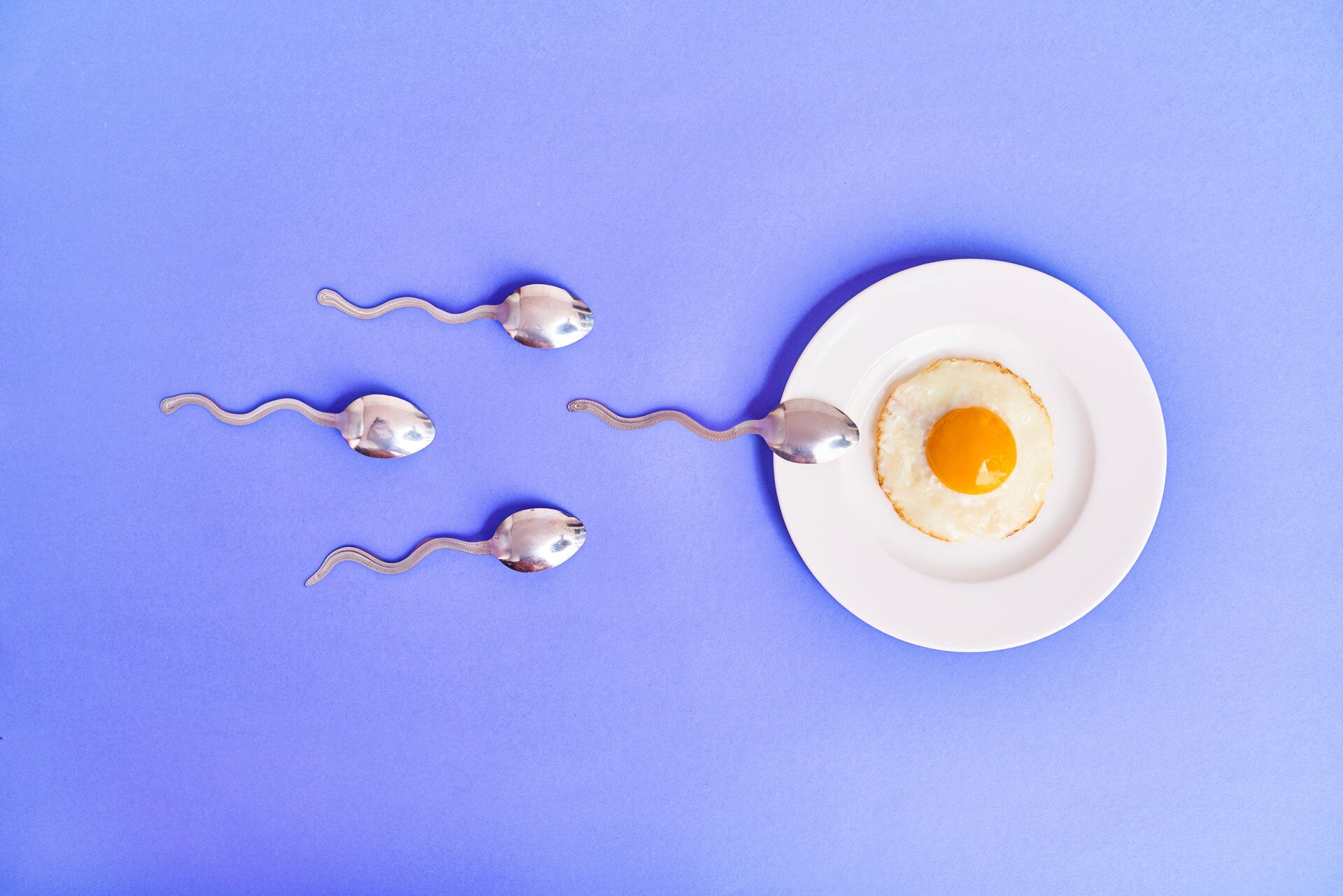

· By Sarah Morris
Natural Fertility Support Him: Best Proven Tips for 2026 Guide
Starting a family is not always easy. There are a ton of factors that can affect our ability to conceive. It takes two to tango, and male fertility plays a huge role when TTC.
Male infertility can be caused by a variety of factors, like abnormal sperm function, low sperm count, blockages, and chronic health problems. Approximately 40-50% of fertility issues can be attributed to the male.
Luckily, there are natural ways to support your man’s fertility.
Certain vitamins are extremely beneficial for sperm quality, libido, and blood circulation. Our Blue Stork products include many of these essential vitamins.
Let’s talk about a few of the ingredients in our Blue Stork Fertility Support and exactly how they can support your man’s fertility.
-
Zinc – Observational studies have found that a deficiency in zinc can lead to low testosterone levels, poor sperm quality, and an increased risk of male infertility. Making sure you get enough zinc is critical in overall reproductive health.
-
Vitamin B12 – This vitamin has been shown to affect the sperm and semen quality in men. It can also help support a healthy libido and lower the risk of DNA damage in sperm cells.
- Maca Root – This root extract can help with sperm count and motility. Studies suggest maca root may improve sexual performance.
There are other ways to naturally support male fertility, like diet changes and exercise. Weight lifting, jogging, and running have been linked to supporting sperm count. Nuts can help with sperm vitality and motility. Spinach and leafy greens are rich in folate, which is a key nutrient in overall cell health.
The healthier you are, the more fertile you are! The reproductive system can be complicated, and having a better understanding of how it works can make your conception journey a little bit easier. At Pink Stork, we're here to provide any guidance that you and your partner may need! Keep your head up.























